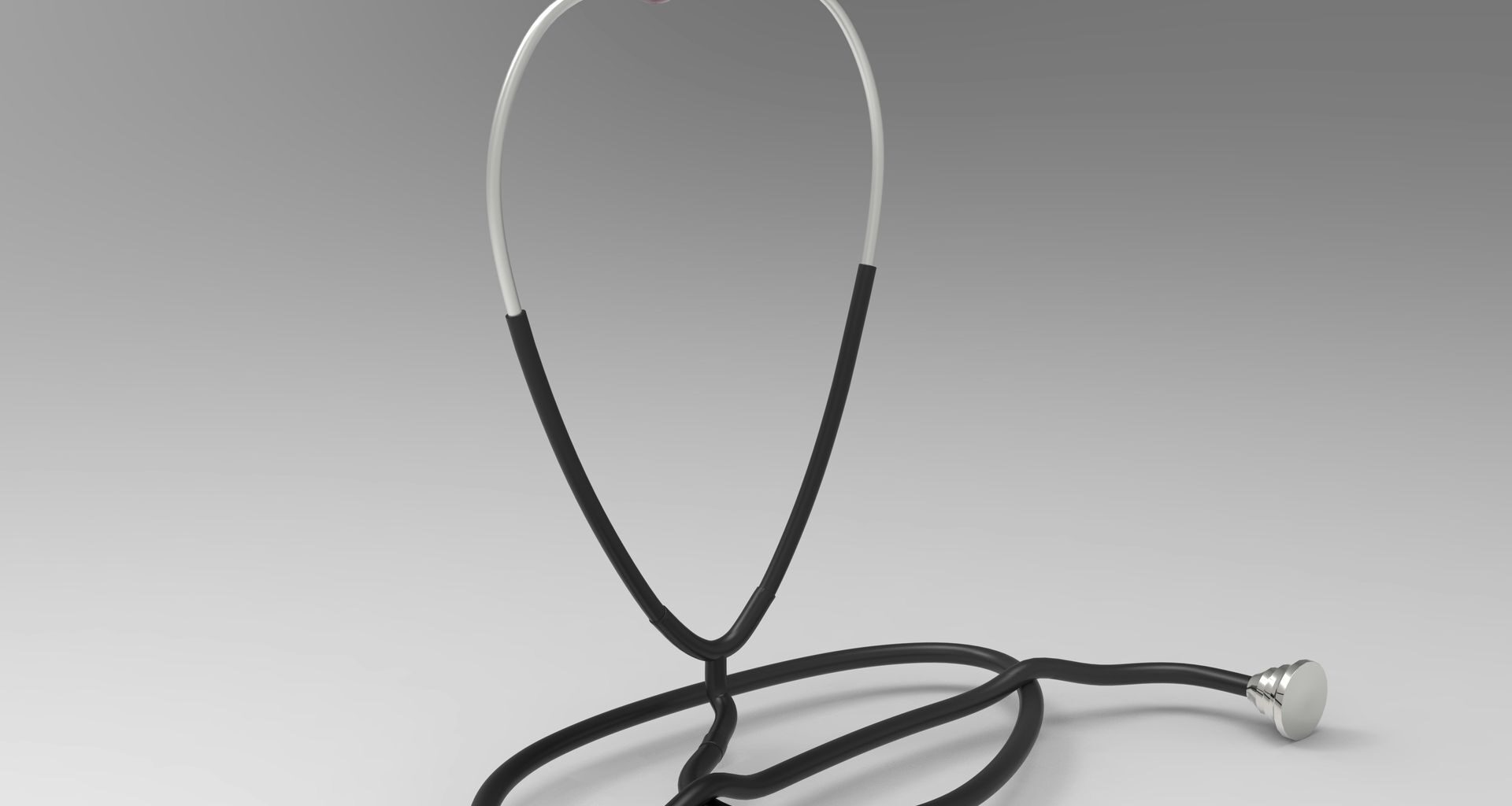A new AI-powered stethoscope developed by Imperial College London and Imperial College Healthcare NHS Trust is being deployed in a nationwide study to detect three serious heart conditions within seconds.
The device, approximately the size of a playing card, is currently part of the TRICORDER study and identifies Heart Failure (HF), Atrial Fibrillation (AF), and Valvular Heart Disease (VHD). It integrates a single-lead ECG sensor and a microphone array to record phonocardiogram (PCG) waveforms. Algorithms interpret these readings to detect abnormalities. The device connects to a smartphone via Bluetooth, transmitting data to the cloud over Wi-Fi or cellular networks, capable of detecting heart issues in 15 seconds.
Classified as a Class IIa medical device, it is authorized for regular healthcare use, eliminating the need for patient consent from doctors and healthcare professionals. The device serves as a replacement stethoscope for routine clinical examinations by general practitioners (GPs) nationwide. Placed over the upper left sternal border area, it records for 15 seconds. The algorithms, governed by the UK Medicines and Healthcare Products Regulatory Agency (MHRA), have yielded promising results.
Stay Ahead of the Curve!
Don’t miss out on the latest insights, trends, and analysis in the world of data, technology, and startups. Subscribe to our newsletter and get exclusive content delivered straight to your inbox.
A research paper published in the BMJ Open journal states, “The statistical performance of these three AI algorithms has been shown to be high and consistent against international external validation studies.” The initial study involved examinations of patients presenting with fatigue and breathlessness across 200 GP surgeries, covering over 1.5 million patients.
The British Heart Foundation, a partial funder of the studies, reported that patients examined with the AI-powered stethoscope were approximately 3.5 times more likely to be diagnosed with atrial fibrillation and almost twice as likely to receive a diagnosis of heart valve disease. This early detection aims to enable timely access to life-saving medications and treatments. Heart failure, affecting a million patients in the UK, is detected in 70 percent of cases only during emergency care.
Professor Nicholas Peters, senior investigator from Imperial College London and consultant cardiologist at Imperial College Healthcare NHS Trust, noted the smart stethoscope’s ability to detect three serious heart conditions in one sitting. Eko Health, a California-based company, manufactures the device.
The UK’s National Health Service (NHS) claims that implementing this tool in primary care could save the NHS £2,400 per patient by eliminating potential unplanned A&E visits. Over three million patients have enrolled in the TRICORDER trial program, with potential future healthcare savings exceeding one hundred million pounds for the government.

